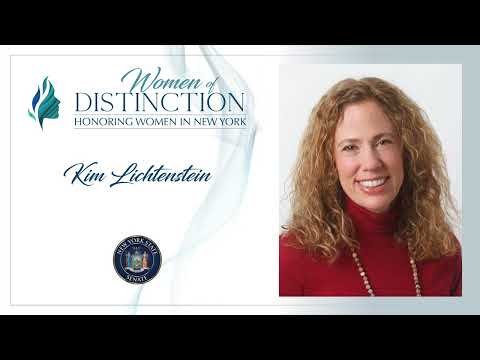New York State Guidelines For Implementing the Property Tax Cap
Jack M. Martins
September 7, 2011
-
ISSUE:
- Local Government
- Property Tax
-
COMMITTEE:
- Local Government
The tax cap enacted by the New York State Legislature and signed into law by the Governor limits the annual growth of property tax levies at 2 percent or the rates of inflation, whichever is less. This applies to county, town and village governments as well as special districts that has authority to levy a tax and school districts.
The cap first applies to budgets beginning in 2012. Local budgets that commenced in 2011 but conclude in 2012 are not affected.
The tax cap allows for a limited number of exclusions to the tax levy limits. The exclusions are for tort actions and pension rate growth about 2 percent.
Local governments can increase their property tax levy above the limit for costs resulting from court orders or judgments against local government arising out of tort actions to be paid in the coming fiscal year. Tax certioraris and breach of contract action are not included.
The pension exemption is triggered if the annual growth in the average actuarial contribution rate for the Employees’ Retirement System (ERS) or the Teachers’ Retirement System (TRS) exceeds 2 percentage points. Pension costs associated with the annual growth in the employer contribution rate above two percentage points are exempted from the cap.
A override of the tax cap requires a 60 percent vote of the total voting power of the governing body. For school districts, a 60 percent vote on the school budget by the residents of the district who voted for that budget would be required to override the cap.
For the complete guidelines, see http://www.tax.ny.gov/research/property/cap.htm, or download the guidelines below.
Share this Article or Press Release
Newsroom
Go to NewsroomFill a Backpack Program
June 25, 2024


